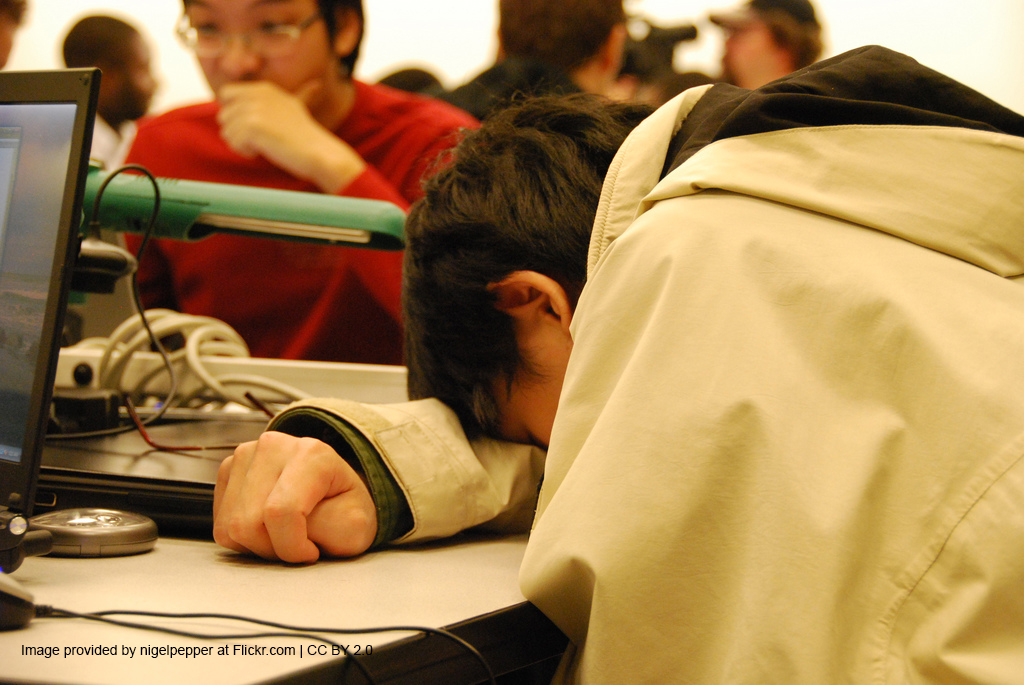
So you think you might be allergic to gluten. Eep! But how do you know for sure?
Firstly, always, always see a doctor before going gluten-free. And we mean always. Gastroenterologists spend years in school understanding celiac disease. We’re mint-makers who passionately care about health … but those guys (and girls) are the experts. Take their word for it. Going gluten-free can affect your blood levels. So consult with your doc first.
A gluten allergy can show up in a number of ways. Here are a few symptoms to look for.
Digestion drama
You’ve got nausea. Your abdomen hurts. Constipation is a problem, or maybe it’s diarrhea. Your stools float. Unpleasant.
Joint Pain
Your knees are screaming. Your ankles are begging for mercy. Sometimes gluten leads to joint inflammation.
You’re Tired. Period.
Some gluten-intolerant folk experience flat-out exhaustion during their day. No matter how long you sleep, you can’t seem to shake the droopy eyes.
Depression
If you’re a female with celiac disease? Josh Smyth, professor of biobehavioural health at Penn State University, finds that you might be at higher risk of depression. Take care, ladies, and talk to your doctor.
It’s not a good day: irritability and mood swings
As unrelated as mood and your intestines may seem, research shows a link between gluten allergies and irritability.
Skin issues
Feeling itchy? Have a rash? Gluten may cause skin blisters and numbness or pain.
Do you need to have all of these signs to be allergic to gluten? Nope. Possibly, but not necessarily.
Remember what we said about seeing a medical professional? That’s SO important so we’ll say it again: If you think you might be allergic to gluten, talk to you doctor.
Don’t diagnose yourself. And don’t change your diet drastically unless your doctor says it’s a good idea.
Live well!